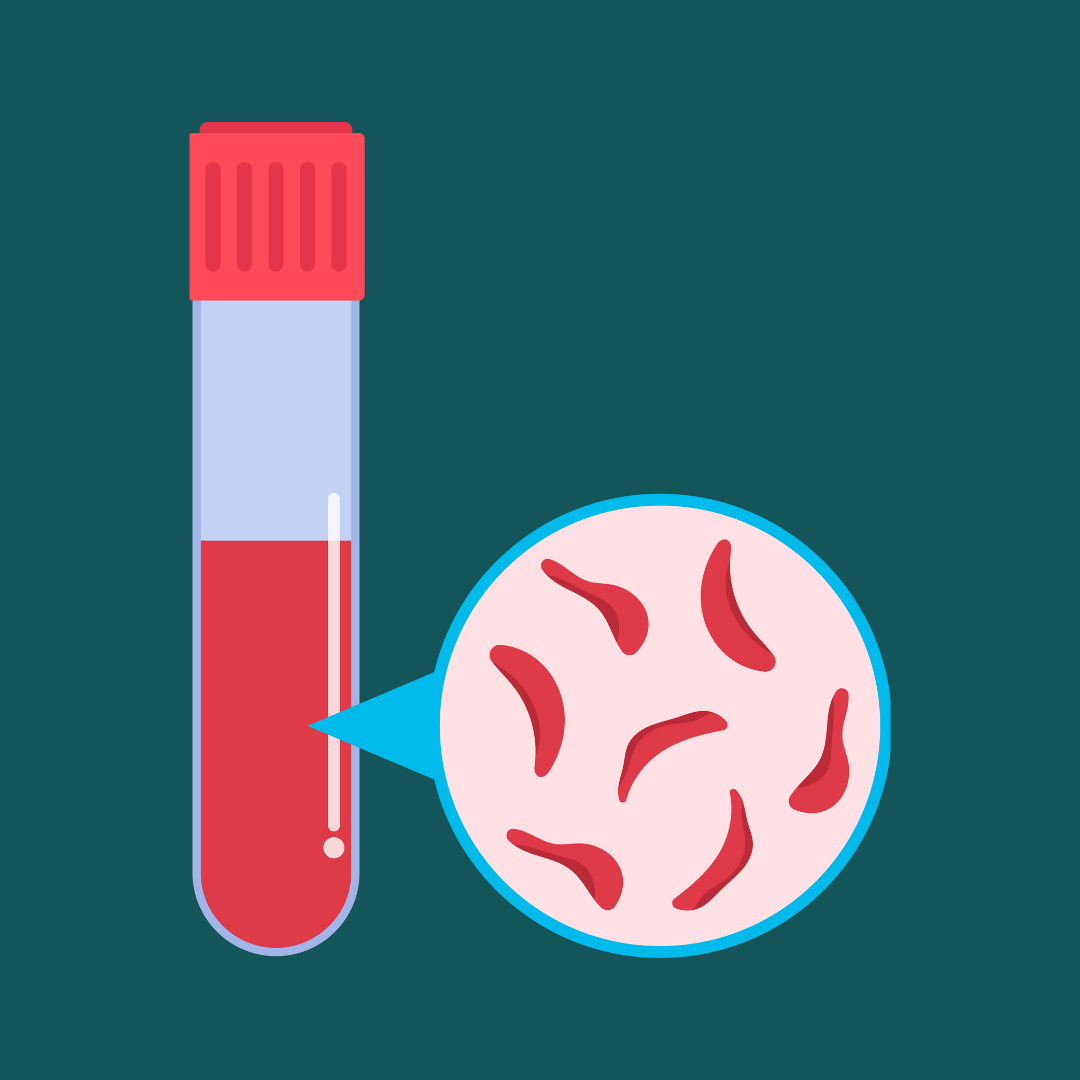Aggregated News

Last fall, to great fanfare, US regulators approved two gene therapies for sickle cell disease, and the European Union and UK soon followed. Many people hope that these treatments will provide a “functional cure” for the genetic condition, which causes rigid, misshapen red blood cells that lead to anemia, episodes of extreme pain, blood vessel and organ damage, stroke risk and lower life expectancy. These sickle cell therapies also bring us closer to an age of “CRISPR medicine” in which new gene-editing tools could be used to fix a range of debilitating genetic diseases, including Duchenne muscular dystrophy and cancer.
For the eight million people across the world, including the 100,000 in the U.S., who have sickle cell disease, these gene therapies could be life-changers. Yet immediately after the approvals, attention turned to the prohibitive cost of the treatments. One company sells its therapy for $2.2 million, and the other does so for $3.1 million. Other gene-based treatments have similar price tags.
Reducing costs for these therapies is important. It is unlikely to...



